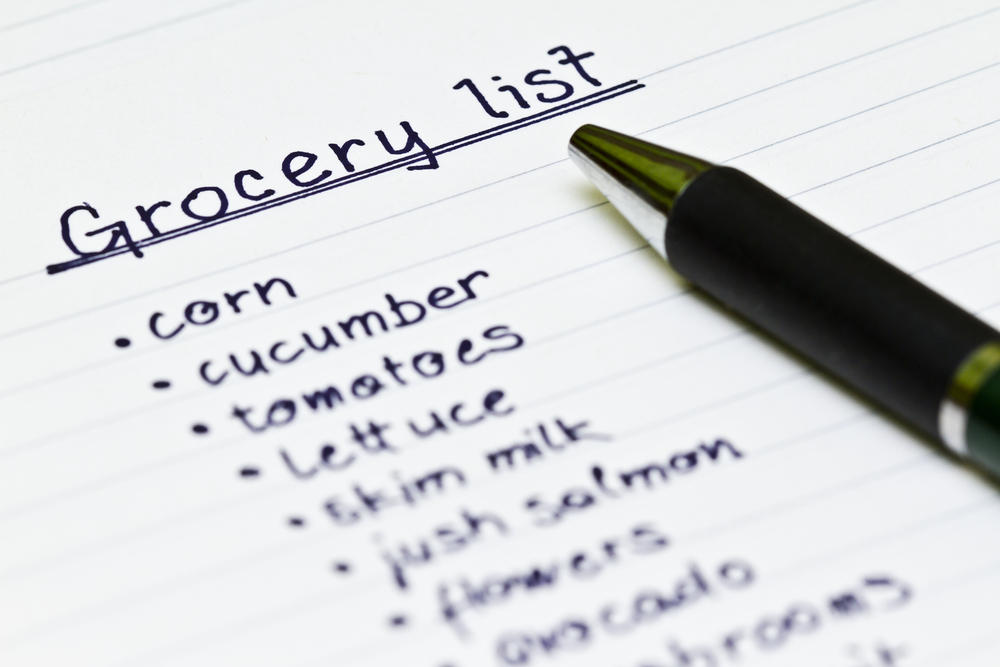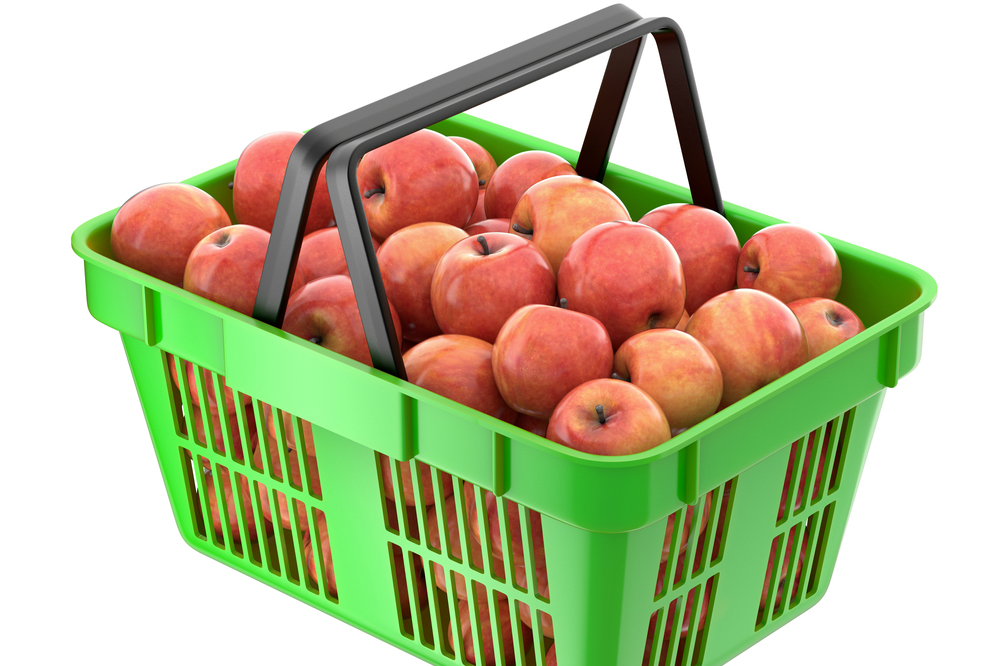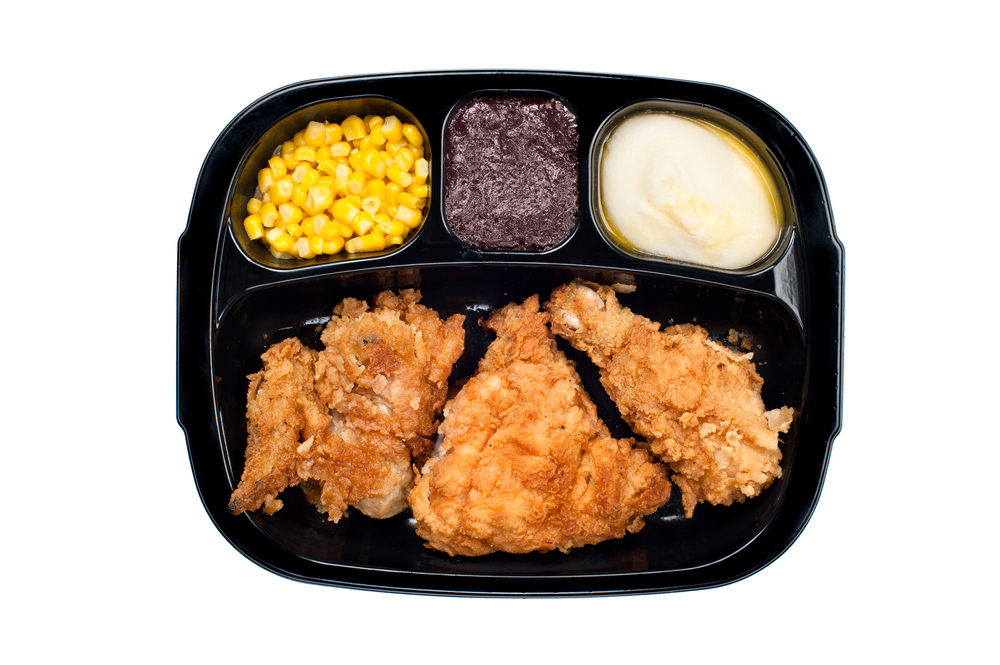Grocery shopping is one of the most expensive activities that humans participate in on an almost daily basis. Believe it or not in most countries including the U.S. our grocery bill can account for almost 20% of our overall budget.
And with the cost of food going up by almost 32% in the last 10 years this should be one of the first places to look in your budget to cut corners.
Almost always, we tend to spend more on our “trips” (that’s shopping trips, not the vacation kind) than what we initially plan to and because we do it so often, this can add up to a significant amount. Coupons can certainly help us to make a dent in this bill, but these are an often underutilized, if at all. If you are looking to save on your shopping trips without the coupons, then check out these tips that can help you save money doing grocery shopping.
Give Yourself a Budget
If you limit yourself to a certain number, it will be easier to keep your spending in check. So, keep yourself on track by actually only taking the amount of money with you in cash, which will give you much more of an incentive to keep to your budget. But just in case leave some emergency money in the car!
Make a list, and Stick to it.
One of the ways we over spend doing grocery shopping is by buying items that we don’t necessarily need. Why? Because humans are psychologically inept in making the best choices for ourselves and marketing budgets make us think that $6 chocolate bars make us feel good. So, the next time you go out to shop, make a list of items that are required for your meals and simply stick to it.
Pick Stores that give low prices and sign up for their Loyalty Program
Often times, we pick to go to stores that are convenient versus the ones that are budget friendly. How do you know what stores are cheaper? Scope out as many different stores as you can in your area and figure out what items are cheapest. Then plan a schedule to hit the stores for those specific items. We know this requires a bit of research, but trust us, it’s worth it and you are rewarded with savings over time. Also, sign up for their loyalty program. Most stores offer this for free so utilize it; many times the sale price is not noted on the final bill if you aren’t signed up for this.
Stock Up During Sales
A lot of times, people will see something on sale and only pick enough to cover for a short period of time. Instead make this the perfect time to stock up, and we mean stock up. Toiletries are a great example of when to utilize this strategy. For food items that expire, learn how to properly preserve them in the freezer. Bear in mind that certain stores do put a limit on how many items you can pick up during the sale.
Buy product in bulk
Aside from stocking up during a sale, it is advised that you practice this in general. A good way to utilize this trick is to only shop once or twice a month; the less you go to the store, the less likely your eyes will come across unnecessary items.
Skip Pre-Made Meals
Not only are these meals incredibly terrible for your health, but they are also not cost effective whatsoever. Buying fresh produce and cooking the food yourself is a healthier and more budget friendly option; plus, you can’t beat the amazing memories your will make in the process.
Compare the Unit Prices
Most of the items you purchase will have multiple sizes that are prized differently. The general idea is that the bigger the size, the more bang for buck. However, this is not always the case because many times buying multiples of the smaller sizes gives you more volume of the item for less. So introduce this to your shopping practices.
Go for the Equivalent Generic Item
We have been trained to think that “the more something costs, the better it must be” mentality and while more often than not it is true (you do get what you pay for), this does not have to apply for everything. First Aid supplies and medicines are a good example when generics are just as good. In fact, most grocery stores run their own lines which are practically identical to the big name brand items. All you have to do is change your attitude on this subject and savings will be waiting to be made.
Buy Produce only when it’s in Season
When your favorite produce is in season, it will cost much less because of how abundant it will be. Similarly, the item will cost more in the off season because of the expensive costs to grow it and then import it. So, learn when they are in season, and buy accordingly. Follow the ‘Go Local’ movement and try and eat foods seasonally, you might find you like it!
Buy Expensive Foods Sparingly
As obvious as this tip may seem, it is very easy to fall victim to this behavior. Realistically, a treat is only a treat when it’s done occasionally; doing things frequently can lose its luster. Not only would this help financially, but making this change can have potential health benefits; veggies and fruits are the cheapest foods in a store and it makes more sense to buy multiples of these than an expensive cut of steak.
What have you done that has helped save money on groceries? We would love to hear your opinions!











3 Comments